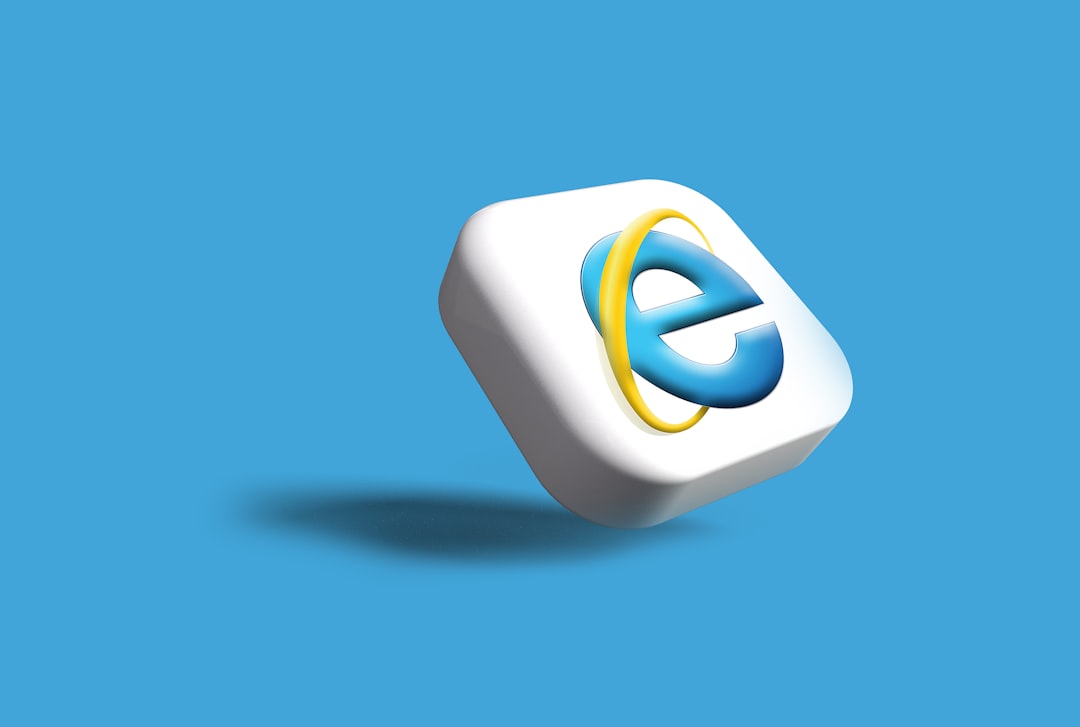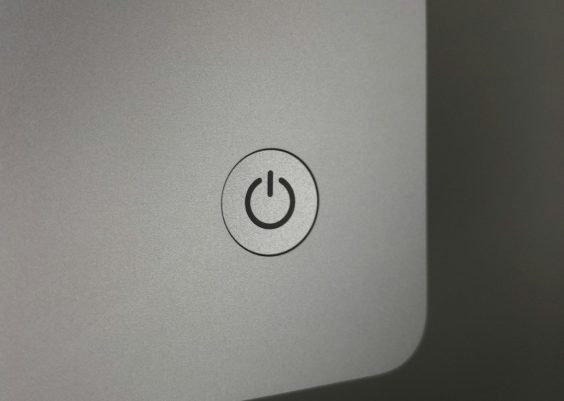As WooCommerce continues to lead the way for online stores built on WordPress, optimizing for performance and compatibility remains a key concern for developers and store owners alike. With 2025 just around the corner, the question arises: what is the best PHP version for WooCommerce in terms of performance and compatibility? The answer isn’t just about the newest version—it’s about balancing speed, stability, and ecosystem support.
Contents
Why PHP Version Matters for WooCommerce
PHP is the scripting language that powers both WordPress and WooCommerce. As new versions are released, they typically bring improvements in:
- Performance: Faster execution times and increased server efficiency.
- Security: Patches and fixes that eliminate vulnerabilities.
- Compatibility: Support for newer coding standards and libraries.
Using an outdated PHP version can significantly slow down a site, create security risks, and potentially lead to incompatibility with the latest WooCommerce and WordPress updates.
The Current Recommended PHP Version
As of early 2025, PHP 8.2 is the most stable and widely recommended version for WooCommerce stores focused on achieving an optimal balance of speed and compatibility.

PHP 8.2 has demonstrated substantial improvements over its predecessors in areas like:
- JIT Compilation: Introduced in PHP 8.0 and refined in later versions, Just-In-Time compilation significantly boosts performance on complex calculations and database queries.
- Improved Type Safety: New syntax and error-checking features lead to better code quality and fewer runtime bugs.
- Deprecation of Outdated Features: Encourages developers to modernize plugins and themes.
However, PHP 8.3 was released in December 2023, and by early 2025 it’s gaining wider adoption. Let’s compare these two options further for WooCommerce users.
PHP 8.2 vs. PHP 8.3: Which One to Choose?
| Feature | PHP 8.2 | PHP 8.3 |
|---|---|---|
| Performance | Excellent, mature and tested | Slight edge over 8.2, especially in complex applications |
| Compatibility with Plugins | High – most WooCommerce and WordPress plugins are compatible | Medium – some plugins still catching up |
| Stability | Proven, stable with minimal bugs | Early reports are good, but adoption is still maturing |
For most WooCommerce store owners in 2025, PHP 8.2 remains the sweet spot. It offers significant performance improvements over older versions like PHP 7.4, while maintaining high compatibility with most themes, plugins, and extensions. PHP 8.3 holds promise for future adoption but may still face minor issues with plugin compatibility.
Performance Gains: What You Can Expect
Moving from PHP 7.4 to PHP 8.2 can result in up to 20-30% increase in page load speed, better transaction handling, and reduced CPU usage. These performance boosts are critical for WooCommerce users since faster websites directly impact conversion rates and search engine rankings.

Real-world tests have shown that WooCommerce, when run on PHP 8.2 or higher:
- Handles simultaneous customer checkouts more efficiently.
- Loads product pages quicker, even under high traffic load.
- Reduces memory consumption during cart and checkout operations.
Compatibility with WooCommerce and WordPress Ecosystem
WooCommerce developers recommend always using a supported PHP version to maintain full compatibility with core updates, security enhancements, and plugin features. As of early 2025, WooCommerce supports:
- PHP 7.4 (end-of-life, not recommended)
- PHP 8.0 (limited compatibility)
- PHP 8.1 – stable but starting to phase out
- PHP 8.2 – fully supported and recommended
- PHP 8.3 – supported with minor plugin issues
It’s also crucial to verify compatibility with your third-party plugins and themes, as not all developers update their code promptly with major PHP releases.
How to Check and Upgrade Your PHP Version
To check your current PHP version:
- Log into your WordPress admin dashboard.
- Navigate to Tools → Site Health → Info.
- Under Server, find “PHP version.”
To upgrade:
- Use your hosting provider’s control panel (e.g., cPanel, Plesk) to switch PHP versions.
- Backup your site before making changes.
- Test plugin and theme compatibility on a staging version of your website.
Future-Proofing Your WooCommerce Site
Looking forward, PHP 8.3 is expected to become the standard by the end of 2025, and glimpses of PHP 8.4 (due late 2024) indicate continuing performance gains and syntax improvements. However, until widespread plugin and theme support is confirmed, sticking with PHP 8.2 offers both safety and speed.
To ensure your site is always running optimally:
- Regularly audit site performance.
- Monitor plugin updates for PHP compatibility notices.
- Stay informed via official WooCommerce and PHP news releases.
Conclusion
For 2025, PHP 8.2 is the best version to run WooCommerce sites in terms of performance, security, and compatibility. While PHP 8.3 offers some performance enhancements, it may still present issues with plugin support. Staying current with your PHP version ensures your WooCommerce store is fast, secure, and dependable—essentials for success in the competitive eCommerce landscape.
Frequently Asked Questions (FAQ)
- Q1: Is PHP 7.4 still safe to use with WooCommerce in 2025?
- No, PHP 7.4 reached its end-of-life in November 2022. It no longer receives security updates and may expose your store to vulnerabilities.
- Q2: Will switching PHP versions break my website?
- Not if you do it carefully. Always back up your website and use a staging environment to test compatibility before switching in production.
- Q3: How often should I upgrade PHP for WooCommerce?
- Annually or whenever a new stable version becomes widely supported by WordPress and WooCommerce. Regular updates help with performance and security.
- Q4: Is PHP 8.3 faster than PHP 8.2?
- Yes, slightly, especially under resource-heavy conditions. But the performance gains are often marginal compared to the potential compatibility risks.
- Q5: Where can I find out if my plugins support PHP 8.2 or 8.3?
- Check your plugin’s documentation or changelog. Many developers list PHP version compatibility explicitly, especially for major releases.




